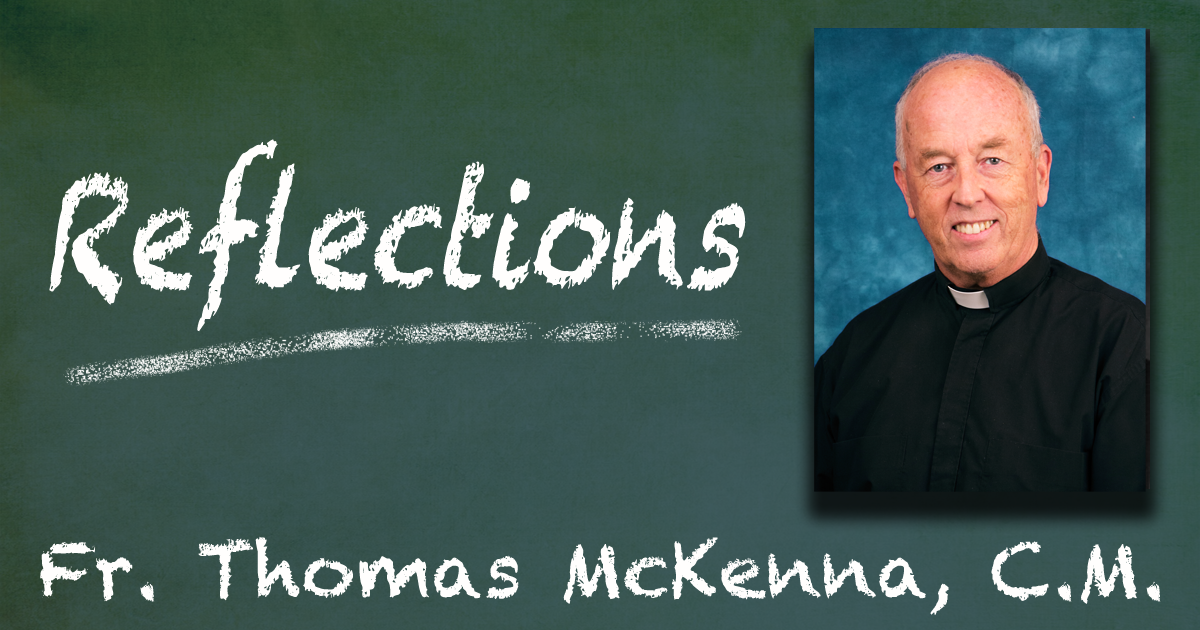
Right Religion (John 2:13ff)
Some years ago, a book was published entitled, “When Religion Goes Bad.” Premised on the fact that religion exercises a powerful force, it took up instances where that force has been badly used, even in destructive ways. Granting there was an opposite story to be told – all the good that right religion advances – it made its case through any number of examples of what can happen when the religious instinct goes south: persecutions, self-righteousness, hypocrisy, fanaticism, etc.
With his Temple outburst, (Jn 2: 13ff) Jesus contributes a chapter to that book, so to speak, dramatizing how practices which are supposed to widen the channel between us and God can actually constrict it. The issue that riles him is how certain practices there at the worship site have reversed direction. Over time, people have managed to divert religiously meaningful actions from their real purpose into activities that work against the very thing religion is meant to promote.
Which raises the question: what is religion in its purest form — this historical enterprise with all its apparatus, dogma, vocabulary and practice, meant to promote? In the spare words of the prophet, what is true religion?
One approach here is through the word itself. “Ligion,” its latter part, is from the Latin “ligio” meaning to bind or tie together. We get our word “ligament” from it, the strands of sinew that tie the muscles to the bones – or better, that anchor the muscles there. Then there are the letters “re” in front which add the note of repetition – do it again. Undergirding this notion of religion is re-connecting, tying up once again to an anchoring place, dropping a line to ground solid enough to hold, staying in contact with what it is that feeds and nourishes. It connotes a freshening of connection to whom and what it is that brings life. Once religion starts to move in other directions, it sours and even turns hurtful.
And so Jesus’ fiery reaction to what’s going on in this sacred place of religion: “These practices of sacrifice which were meant to sharpen up your awareness of how you stand before your all giving Creator have been perverted into ways of making a profit off another. These temple sacrifices, meant to be symbols of self-offering and service to God and neighbor, have become mechanisms for cornering a market and taking advantage of the disadvantaged.
How might Jesus’ warning about religion’s blind spots speak to us today?
We note first of all how this protest in John is only one instance of the many Jesus gives to keep eyes and hearts on the one thing necessary, and that is our bond with his Father and His Father’s people. This is the bedrock, the anchoring ground, the ever-bubbling wellspring to which religion always must return. When attitudes connected with things religious lose their way, they clog up this channel between ourselves and the source. Every one of Jesus’ protests is at root a remonstration against this: the hardening of tissue between the worshippers and the concerns and Person of the One worshiped.
And so when in the name of religion,
- power starts to dominate over service,
- maintaining clear borders becomes more important than reaching out across the borders
- belonging feels more like living inside a gated community than (in the vivid image of Pope Francis) being part of a field hospital in war time,
- keeping up appearances begins to fudge what’s behind the appearances,
it’s time to invite Jesus back into the Temple to turn over the tables. When practices and outlooks, no matter how much sacredness they have may attracted to themselves, get in the way of that honest, authentic coming-before-God and God’s people, they move into that damaging and indeed toxic territory of “Religion Gone Bad.”
Much more can be said about how these deviations develop, but let me end with two classic guideposts from the bible for keeping our religion on track both personally and corporately.
From the Old Testament, there’s that luminous blueprint for right seeing and acting spotted at times on a desk or lampstand. It’s the prophet Micah “…what, the LORD has told you is good, and what He requires of you is this: to do what is right, to love mercy, and to walk humbly with your God.” — right living, right loving and the right standing before the all gracious God.
From the New Testament, there are these words Jesus attaches to the heart of it all, words to be assimilated each Sunday and woven into everyday living. “This is my body, given up for you; this is my blood, poured out for you!” Here we have the heart of “religion gone right:” the love of God given flesh in the living, dying and rising of God’s person in the world, the Lord Jesus Christ.







0 Comments